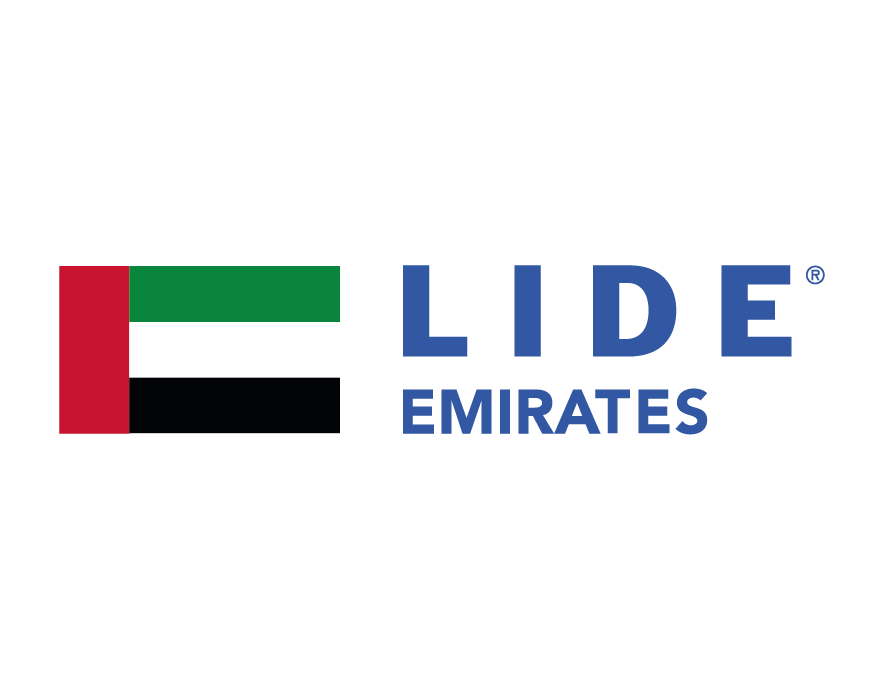Brazilian Port of Santos to Witness $2.5 Billion Investment in New Terminal
In a bid to fortify Brazil's maritime infrastructure, Rumo, a logistics giant under the Cosan Group, and DP World, a leading port operator based in Dubai, have inked a landmark agreement. The deal, valued at R$ 2.5 billion, paves the way for the construction of a state-of-the-art grain and fertilizer terminal at the Port of Santos.
Situated on the southeastern coast of Brazil, the Port of Santos is the largest port complex in Latin America, serving as a vital gateway for the country's agricultural exports and imports. This strategic location underscores the significance of the investment, aiming to augment the port's handling capacity and streamline logistics operations.
The envisioned terminal, scheduled to commence operations by mid-2027, will significantly enhance the port's capabilities, with an annual throughput capacity of 9 million tons of grains and 3.5 million tons of fertilizers. Beyond bolstering port infrastructure, the project signifies a long-term commitment between Rumo and DP World, with the partnership slated to endure for at least three decades.
The collaboration between Rumo, a key player in Brazil's logistics landscape, and DP World, renowned for its global port operations expertise, underscores the growing synergy between Brazilian and international entities in advancing infrastructure development.
This initiative aligns with Brazil's broader objectives of fostering economic growth and enhancing trade connectivity, positioning the Port of Santos as a pivotal hub in the region's maritime trade landscape. The agreement not only marks a significant milestone in Brazil's infrastructure development but also underscores the country's attractiveness for international investment and collaboration in key sectors.
As Brazil continues to emerge as a global economic powerhouse, partnerships such as these are poised to play a crucial role in driving sustainable development and fostering closer ties between Brazilian and international stakeholders.

 By
By
-2.png)
-1.png)